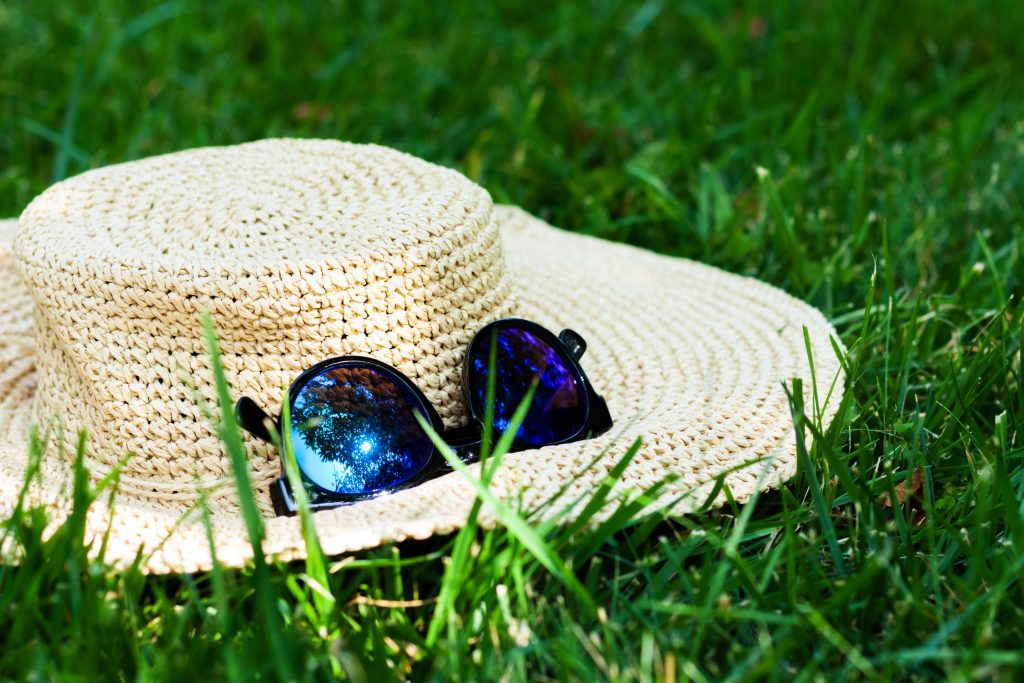
We will offer some helpful tips to keep your home cooler and prevent your AC from being strained when the temperature rises.
Why can’t my A/C handle a heatwave?
Most systems are designed to cool within 20 degrees of the outdoor temperature. Therefore, if it’s 100 degrees outside and your AC is able to cool the indoor temperature to 80 degrees or below, it’s performing well. If you notice that your older system is unable to achieve this level of cooling, it may be time to invest in a new, more energy-efficient, and reliable AC unit.
Switch the fan to ‘on’
Setting your fan to the ‘on’ position instead of ‘auto’ can help circulate more air throughout your home, allowing for better temperature balance in rooms that may be too warm or too cool.
Set your thermostat higher
While it may be tempting to lower your AC to cool your home, doing so can significantly increase your energy costs. Each time you lower the thermostat, your AC has to work harder to cool your home. Instead, consider adjusting the thermostat to around 75-78 degrees and getting used to a slightly warmer environment.
Close off vents in unused rooms
If certain rooms or areas of your home are unoccupied, it’s a good idea to shut the air vents in those areas and keep the doors closed. This not only helps in keeping the occupied areas cooler but also contributes to energy conservation and reduced energy costs.
Keep shades and curtains closed
Utilize natural shade from trees and keep your shades and curtains closed to help maintain a cooler indoor environment. Shading the sunny side of your home not only keeps it cooler but also relieves some of the pressure on your AC system.
Install ceiling fans
Ceiling fans help cool the people in the room by creating a breeze, which can make you feel cooler without affecting the actual room temperature. You can set your thermostat slightly higher and use ceiling fans to give your air conditioning system a break. They can be installed in most rooms and can be turned on or off as needed. On cooler days, you may even be able to turn off your AC entirely and rely solely on your fans for cooling.
Avoid using heat-generating appliances
On heatwave days, refrain from using the stove, dryer, or dishwasher as their operation can add to the heat in your home. If you need to use these appliances, consider doing so in the evening or even setting them to run overnight to minimize their impact on your indoor temperature.
Consider an upgrade
If your air conditioner is 10-15 years old, it may be time to consider upgrading to a more efficient and modern system. Over time, AC units have become more energy-efficient, delivering better performance while costing less to operate. Older systems tend to lose efficiency and may struggle to cool your home effectively.
Invest in preventative maintenance
Regular maintenance can extend the lifespan of your AC system and reduce the likelihood of malfunctions, resulting in greater operating efficiency. Just like your car, your AC system needs periodic servicing. An annual tune-up can help clear dust and debris from your system, ensuring it operates efficiently and consumes less energy. All moving parts can also benefit from lubrication, which helps extend their lifespan and reduce the risk of faults. Duct cleaning can also improve overall system efficiency, especially during a heatwave.
Consult professionals for further advice
Taking steps to reduce the strain on your AC system can help it operate more efficiently and lower your energy costs. By implementing some or all of these tips, you can protect your AC from overheating and premature wear and tear.”
At Air Handler’s Inc., we’re here to help improve your cooling system. If your air conditioner isn’t working well or your energy costs have increased, our technicians can advise you on a new more efficient system or recommend repairs to keep your existing system working perfectly.